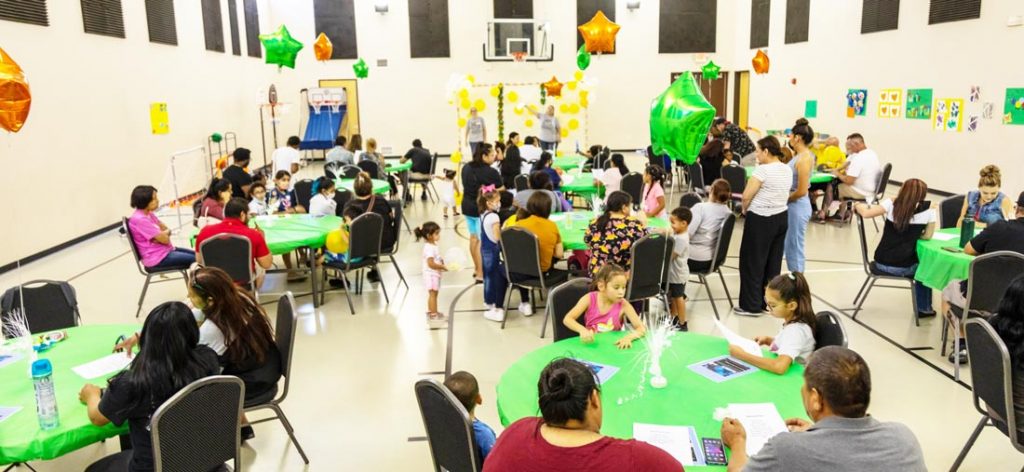Paul Harris, Harvard Child Psychologist wrote:
If we make the relatively conservative assumption that children will be at home in the company of a familiar caregiver for one hour each day, this study (Chouinard 2007) implies that they will produce somewhere between 400 and 1,200 questions each week. From the age of approximately 2½ years, about one-quarter of those questions will be requests for an explanation. Hence, before they go to school, children could ask around 10,000 questions each year, all aimed at probing why and how things happen. Moreover, that number might increase dramatically if a child spent the entire day, rather than a single hour, with a caregiver or other familiar conversation partners. (Trusting What You’re Told, P29)

When children ask questions their hearts desire comes with innocence, inquires and initiative. We can see this same thing play out 2000 years ago:
One day some parents brought their children to Jesus so he could touch and bless them. But the disciples scolded the parents for bothering him. When Jesus saw what was happening, he was angry with his disciples. He said to them, “Let the children come to me. Don’t stop them! For the Kingdom of God belongs to those who are like these children. I tell you the truth, anyone who doesn’t receive the Kingdom of God like a child will never enter it.”Then he took the children in his arms and placed his hands on their heads and blessed them. (Mark 10:13-16 NLT)
Questions give children the ability to absorb learning at an incredible rate. As human beings we have been gifted a mind that desires to explore and learn as well.
None of us have gone through anything like we have experienced in 2020. Today, COVID-19 has left us stunned. Some of us are financially hurting, while others are mourning the death of loved ones. The pandemic causes us to ask many questions. A big question is: Now what?
“Perplexed” is a word that sums up how I am feeling as the state of Arizona opens back up after closing because of the pandemic. Webster defines perplexed as “filled with uncertainty: puzzled.”
“We are perplexed, but not in despair.”
(2 Cor 4:8)
The Word of God says that it is okay to be puzzled and uncertain, but you don’t have to live in despair. Despair means “Utter loss of hope.” To not be in despair is to believe in the living God who desires to see us filled with hope.
Now what? This is wonderful question. Take your thoughts of planning past the pandemic and ask them of the God of heaven and earth. He is listening and has a heart for the humble.




